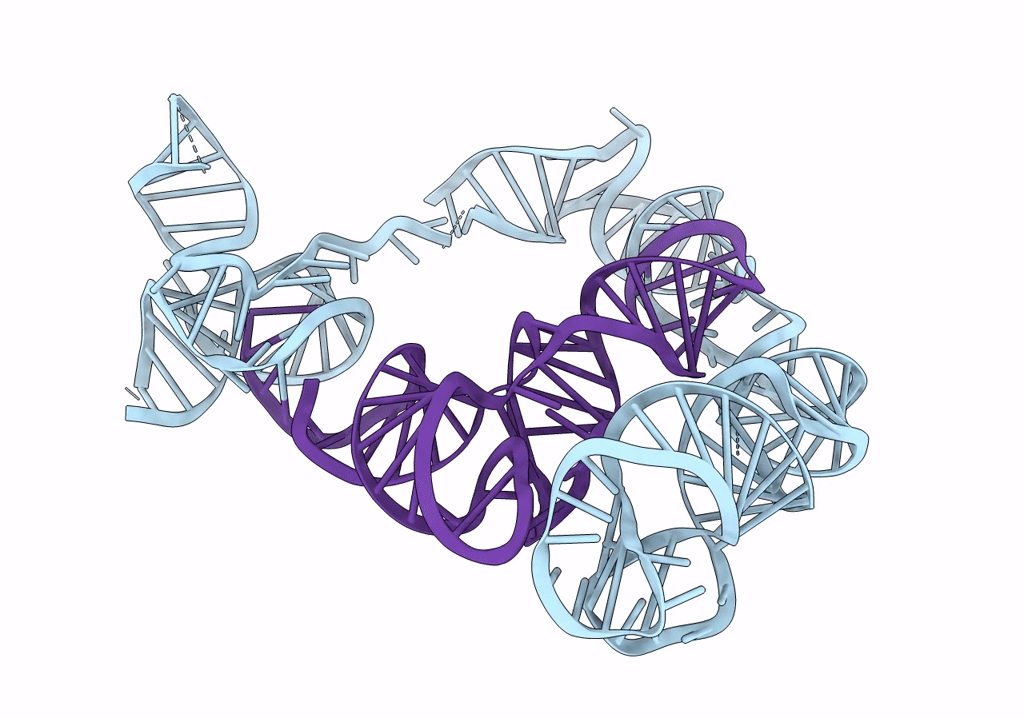
Deposition Date
2019-07-04
Release Date
2019-11-20
Last Version Date
2024-03-20
Entry Detail
PDB ID:
6POM
Keywords:
Title:
Cryo-EM structure of the full-length Bacillus subtilis glyQS T-box riboswitch in complex with tRNA-Gly
Biological Source:
Source Organism(s):
Bacillus subtilis (Taxon ID: 1423)
Expression System(s):
Method Details:
Experimental Method:
Resolution:
4.90 Å
Aggregation State:
PARTICLE
Reconstruction Method:
SINGLE PARTICLE


